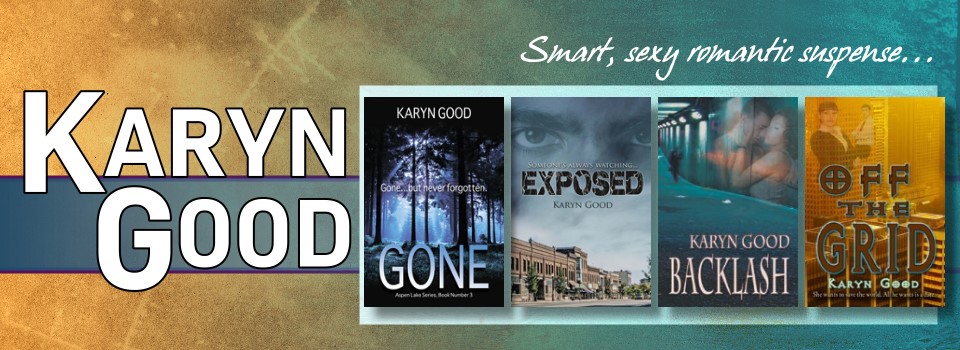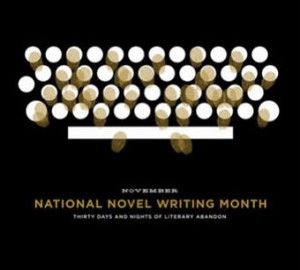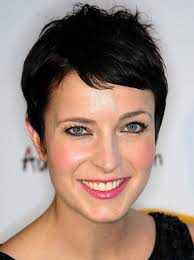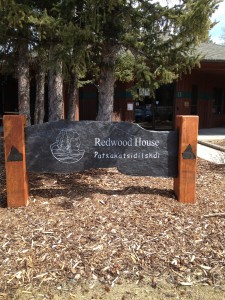 This last weekend I attended a Donald Maass workshop. To say I was excited about meeting him, but also learning about his writing philosophies, is putting it mildly. A one day workshop for which two other writers and I traveled from one province to another for a total of eight hours of driving each way. Also, the members of the Calgary Association of the Romance Writers of America (CaRWA) rock! They were friendly and open and picked the most beautiful spot to host a writing workshop. We spent the day at the foot of the Rocky Mountains with the sun shining and the scent of cedar in the air.
This last weekend I attended a Donald Maass workshop. To say I was excited about meeting him, but also learning about his writing philosophies, is putting it mildly. A one day workshop for which two other writers and I traveled from one province to another for a total of eight hours of driving each way. Also, the members of the Calgary Association of the Romance Writers of America (CaRWA) rock! They were friendly and open and picked the most beautiful spot to host a writing workshop. We spent the day at the foot of the Rocky Mountains with the sun shining and the scent of cedar in the air.
No doubt, the man is inspiring. My head is full of ideas and a new or reinforced way of looking at character.
But the drive there, the time spent discussing writing with three other writing buddies, was also full of awesomeness. If laughing takes years off your life, I definitely lengthened my lifespan. Note: It’s hard to drive when you’re laughing so hard you’re crying. OMGosh. Also, what are three writers unconcerned about while driving to a Donald Maass writing workshop? How much gas is in the gas tank. Sheesh. We coasted into a acreage just off the highway hoping for a miracle. Thank goodness for Everyday Heroes like Steve, who gave us his last litre of premium gas. He also offered to rescue us if that last bit of gas was not enough to get us to the next gas station.
A Tiny Look Into a Donald Maass Workshop

This workshop was based on Maass’s latest craft book, Writing 21st Century Fiction, High Impact Techniques For Exceptional Storytelling. In it he shares his thoughts on the future of fiction, genre fiction in particular which he suggests is dying. That the New York Times stats suggest newer genre transcending novels, such as The Help and Water For Elephants are enjoying far more than their share of weeks on the list. Genre fiction appears there but for far shorter amounts of time. One to four weeks versus 60 weeks or longer. The reason? There are a few of them but one of them is:
The Emotional Impact of Captivating Characters
We spent a fair bit of time learning about creating captivating characters. Okay, most of the day. Indeed, the very first thing we had to do was identify the feeling we were most afraid to put down on paper. The idea is to tap into deep emotion and create from there. Then we had to think of a spot to inject this feeling into our main character. Also the concept of conflicting wants within a character.
He used the example of a college student writing final exams. You are reaching your goal, on the cusp of getting that degree you’ve struggled and worked hard for. Are you excited about all the study and work that has to go into writing these final tests? No. You’d rather be anywhere else then taking those final steps. Simplistic example, yes. But you get the idea.
There should be a war going on inside your character. What do they want most? What is the cost of getting it? If you’re familiar with Maass’s WTBN Workbook you’re familiar with his ideas on conflicting desires or feelings. On inner conflict. Tension of Every Page. In Writing 21st Century Fiction he spends a lot of time on: micro-tension.
My notes on writing emotionally:
- skip expected emotional experience
- don’t write what we think we should
- stir readers’ hearts by being utterly and completely honest
- wake them up
- grab them in a personal way by being true
The only way to do this is to write from a personal place. To take experiences of extreme emotion and apply them to our writing. Do not write safe. This way readers will not get what they expect but what is true and comes from a deeply personal and conflicted internal space. Write personally and make heart to heart connections. Answer the hard questions. Even if, or especially if, it casts a harsh light on the main character.
To have the greatest emotional impact you have to get out of your own way. Use feelings of shame and fear. Tap into insecurities. Figure out a character’s deepest, darkest secret. This is why we wrote down the place we were most afraid to go in our stories. You don’t want to go there? Too bad. You need to be able to take your characters there in an authentic and true way. You need to be able to create an intense emotional landscape for your characters. You need to be able to write that into a character’s inner journey.
Don’t worry I’m not going to ask you to reveal your greatest fears but to simply say if you have a chance to attend a workshop by Donald Maass take it. However, feel free to share the names of books you’ve read lately that transcend genre? That move past the literary typecasting of dull and depressing?
I’ll share mine: Before You Go To Sleep by SJ Watson.
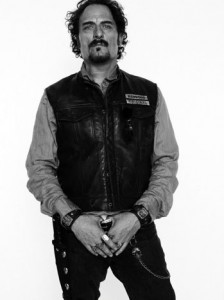 And that’s a random picture of Kim Coates who plays Tig on the TV show Sons of Anarchy which I love and don’t know why. He sports some pretty awesome facial hair. Anyway…
And that’s a random picture of Kim Coates who plays Tig on the TV show Sons of Anarchy which I love and don’t know why. He sports some pretty awesome facial hair. Anyway… He’s into grunge rock and wood carving.
He’s into grunge rock and wood carving. And he’s falling for Kate. Who lives in this tiny apartment above her boutique.
And he’s falling for Kate. Who lives in this tiny apartment above her boutique. So while I won’t be doing NaNoWriMo, I will be writing. I’ll be participating in a writing challenge along with other members of my writing peeps, The Saskatchewan Romance Writers. They’re an awesome bunch. And November is the perfect time to get some writing in before all the Christmas festivities start. Although I’m Canadian and therefore have already celebrated Thanksgiving. Some of you will have to write and cook a turkey.
So while I won’t be doing NaNoWriMo, I will be writing. I’ll be participating in a writing challenge along with other members of my writing peeps, The Saskatchewan Romance Writers. They’re an awesome bunch. And November is the perfect time to get some writing in before all the Christmas festivities start. Although I’m Canadian and therefore have already celebrated Thanksgiving. Some of you will have to write and cook a turkey.